Prolonged exposure to stress hormones like cortisol degrades nitric oxide production, critical for arterial flexibility. Stiffened vessels force the heart to work harder, elevating systolic pressure. A 2023 Lancet study found adults with chronic stress developed hypertension 45% faster than peers. Nightly cortisol spikes in shift workers correlate with 30% higher left ventricular mass.
Sympathetic Nervous System Overactivation Spikes Epinephrine Levels Short-Term
Acute stress floods the body with adrenaline, spiking heart rate and blood pressure within seconds. Repeated episodes strain endothelial cells, reducing their ability to relax. Emergency responders show 25% more arterial plaque than low-stress professions. Even minor stressors, like traffic jams, temporarily raise diastolic pressure by 10-15 mmHg.
Sleep Disruption from Stress Lowers Heart Rate Variability
Poor sleep quality under stress impairs parasympathetic nervous system recovery, keeping blood pressure elevated. Insomniacs exhibit 20% higher nighttime systolic readings compared to healthy sleepers. A five-year NIH trial linked low heart rate variability to 40% increased hypertension risk in adults over 50.
Stress-Induced Emotional Eating Elevates Sodium and Sugar Intake
Comfort food cravings during stress increase average daily salt intake by 1,200mg, per CDC data. Excess sodium retains fluid, boosting blood volume and arterial pressure. High-sugar diets exacerbate insulin resistance, worsening vascular inflammation. Office workers under deadlines consume 35% more processed snacks than relaxed peers.
Rumination Prolongs Stress Responses Even After Triggers Subside
Overthinking stressful events keeps cortisol elevated for hours post-trigger. A 2022 JAMA study found ruminators had 18% higher diastolic pressure during rest. Mindfulness meditation reduced rumination-related hypertension risk by 52% in high-stress cohorts. Cognitive behavioral therapy normalizes amygdala activity in chronic overthinkers.
Job Strain Doubles Nocturnal Blood Pressure Non-Dipping Prevalence
High-demand jobs disrupt circadian rhythms, preventing normal nighttime blood pressure drops. Non-dippers face 2.3x higher cardiovascular mortality than those with healthy dipping. Remote workers report 22% lower stress-linked pressure spikes than office employees. Construction managers show 30% more hypertensive crises during project deadlines.
Social Isolation Amplifies Stress Hormone Production in Hypertensive Patients
Loneliness elevates interleukin-6, a cytokine that stiffens arteries through chronic inflammation. Elderly isolated individuals progress to stage 2 hypertension 35% faster than socially active peers. Pet ownership lowers loneliness-related pressure spikes by 18%, per American Heart Association metrics.
Financial Anxiety Activates Renin-Angiotensin-Aldosterone System Long-Term
Chronic money worries stimulate RAAS, increasing vasoconstriction and sodium retention. Low-income populations exhibit 50% higher stress-induced hypertension rates despite younger average age. Payday loan users show systolic spikes 25% above baseline during repayment periods.
Trauma History Modifies Amygdala Activity Raising Baseline Blood Pressure
Childhood adversity hypersensitizes the amygdala to stressors, per fMRI studies. Trauma survivors have 28% higher resting blood pressure than non-traumatized individuals. Veterans with PTSD develop resistant hypertension 40% more often than those without trauma exposure.
Noise Pollution Stress Elevates Catecholamines During Daily Commutes
Chronic traffic noise increases norepinephrine by 34%, accelerating arterial stiffness. Urban residents near airports face 17% higher hypertension odds than quiet neighborhood dwellers. Train conductors in noisy cabins exhibit 12% thicker carotid intima-media thickness.
Perfectionism Increases Nighttime Blood Pressure Due to Unresolved Stress
Self-critical individuals secrete 20% more nighttime cortisol, disrupting normal pressure dips. Perfectionists recover from stress-induced spikes 40% slower than non-perfectionists. High-achieving students show 15% higher ambulatory blood pressure during exam periods.
Caregiver Burnout Accelerates Vascular Aging via Oxidative Stress
Long-term caregivers exhibit telomere shortening equivalent to six years of aging. Their systolic pressure averages 12 mmHg higher than non-caregivers, hastening atherosclerosis. Respite care reduces oxidative stress markers by 30% in dementia caregivers.
Marital Conflict Frequency Correlates With Morning Blood Pressure Surges
Hostile arguments raise next-day systolic pressure by 15 mmHg in hypertensives. Couples in high-conflict marriages develop left ventricular hypertrophy 2.1x faster over a decade. Marriage counseling lowers conflict-related pressure spikes by 38% within six months.
Chronic Pain Maintains Sympathetic Tone Through Glutamate Signaling
Persistent pain elevates glutamate, exciting brain regions that regulate blood pressure. Fibromyalgia patients show 25% higher norepinephrine levels during flare-ups. Opioid therapy reduces pain-related hypertension risk but introduces dependency concerns.
Air Pollution Synergizes With Stress to Worsen Endothelial Function
PM2.5 particles and cortisol together reduce flow-mediated dilation by 60%. High-pollution days increase stress-related ER visits for hypertensive crises by 45%. Masks with N95 filters lower urban commuters’ systolic pressure by 8 mmHg during smog alerts.
Vicious Cycle: Hypertension Itself Becomes a Chronic Stressor
Diagnosis anxiety elevates blood pressure during monitoring, complicating treatment. White-coat syndrome affects 30% of hypertensives initially, skewing readings. Biofeedback training reduces measurement-triggered spikes by 50% in clinical trials.
